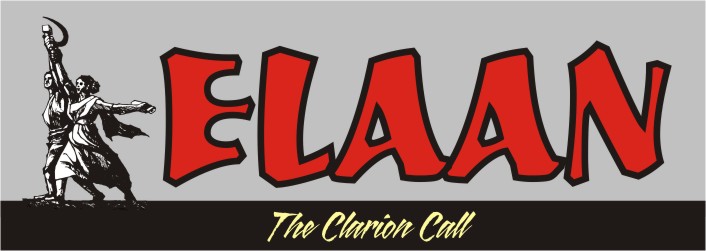
At the time when the Government of India has banned the Communist Party (Maoist) and declared an all out war against the Maoist party, the Chinese Government had no qualms to organize one of the biggest marches on 1st October, 2009 to celebrate the 60th anniversary of the revolution holding high a massive picture of Mao-Tse-Dong! The irony is that Mao still lives in India whereas in China, Mao is just a sanitized icon! To understand this great contradiction, it would necessary to trace the brief history of the “Cultural Revolution” that led to the rise of Deng Ziao Peng, the architect of the capitalist China.
It was perhaps the greatest triumph of history when the poor peasantry under the leadership of Mao overthrew the feudal rule in China and proclaimed the Peoples Republic of China on the Sept. 30, 1949. The Soviet Union was the closest ally of the new republic but with the death of Stalin and the rise of Khrushev, the Sino-Soviet relations plummeted. Khruschev was bitterly critical of Mao and his Commune programme. On July 18, 1959, Khruschev publicly attacked the Commune movement while speaking at Pozan, Poland. At the same time, the then defense Minister of China, Marshal P’eng Te-Huai also attacked the Commune programme and other Maoist policies. The simultaneous attacks of Khrushchev and P’eng Te-Huai were obviously more than a coincidence. Under such shady circumstances, CCP had no other alternative but to dismiss P'eng Te-huai in Sept. 1959. This dismissal is of great importance in the Cultural Revolution
By the end of 1964, the Chinese party had split in two camps. One led by Mao Tsetung representing the revolutionary faction and the other led by Liu Shao-chi and Deng-Ziao Ping, the pro-Soviet faction representing the bourgeois classes in China.
THE CULTURAL REVOLUTION:
The faction led by Liu Shao-chi fired their first slavo, not in the political sphere but in the cultural field. They came out with the anti-Mao play titled 'Hai Jui Dismissed from Office'. This play was written by Wu Han in the year 1959. Wu Han was a historian and a close associate of Peng Chen, the Mayor of Peking belonging to the Liu Shao-chi group. The play dealt with the arbitrary dismissal of ‘good’ ministers Hai Jui by the evil emperor. Mao Tsetung wrote in the People's Daily (29-5-1967) attacking the play:
'THE CRUX OF THE DISMISSAL OF HAI JUI LIES IN THE DISMISSAL ITSELF. EMPEROR CHIA-CHING DISMISSED HAI JUI; IN 1959 WE SACKED P'ENG THE-HUA. P'ENG THE-HUA IS HAI JUI'.
The intense struggle that ensued since 1966 raged till 1969 and though this struggle goes under the name of “Cultural revolution” in reality it was an intense struggle for capturing the State power between the two factions. At the end, the rightist forces under the leadership of Deng emerged victorious and the final curtain was drawn on the revolution with the death of Mao in 1976.
THE PRESENT:

After the rightists captured the State power, they did something that no other capitalist country had attempted. Deng did not dismantle the monolith State structure of a single party rule. On the contrary, keeping the red flag flying and a benign Mao staring down the Tiananmen Square, Deng changed all the production relations.
Till 1988 there was no law to employ more than eight workers in a non governmental organization. However many private organizations in connivance with local party leaders used to take advantage and they used to be called red-cap capitalist. During the end of nineties they started coming out in open giving up their red caps. The local and small sectors government organizations (SOE) were privatized and in most cases the managers of SOE became the new owners. Outside the agricultural sector about 50% of the production is under private ownership of this around one third are party members which includes “Siahiya” entrepreneurs who were earlier the leaders of the party. . Ofcourse one aspect is generally known some of the entrepreneurs were friends and relatives of party leaders.
Recent figures show that out of 3300 Chinese citizens, who have property worth 1.4 crores dollars, 2932 are children of some or the other highly placed party members. Many nationalized organizations are being run by powerful political families. In last few decade new political –manager class has arisen which has taken control of properties. The monopolistic political power has created especially an aggressive capitalist and corrupted system. Any international business deal between Chinese and foreign company there is always a political interference, secret deals and bribes. During the end of 2008 the richest man of China, Huang Guangui was arrested as the party leaders feared that some one had become more powerful than them.
The land market has grown so fast that promoters in connivance with local party leaders demolished the houses in the old areas by bulldozers over night. The residents wake up in the morning to find the word “Chi” written in white on their wall and this word means to demolish. There can not be any protest or any hope of compensation.
Today, unlike the Government of India, the fears of Imperialist America are the wealth of China and not Mao who has become merely a sanitized icon in his own country!

No comments:
Post a Comment